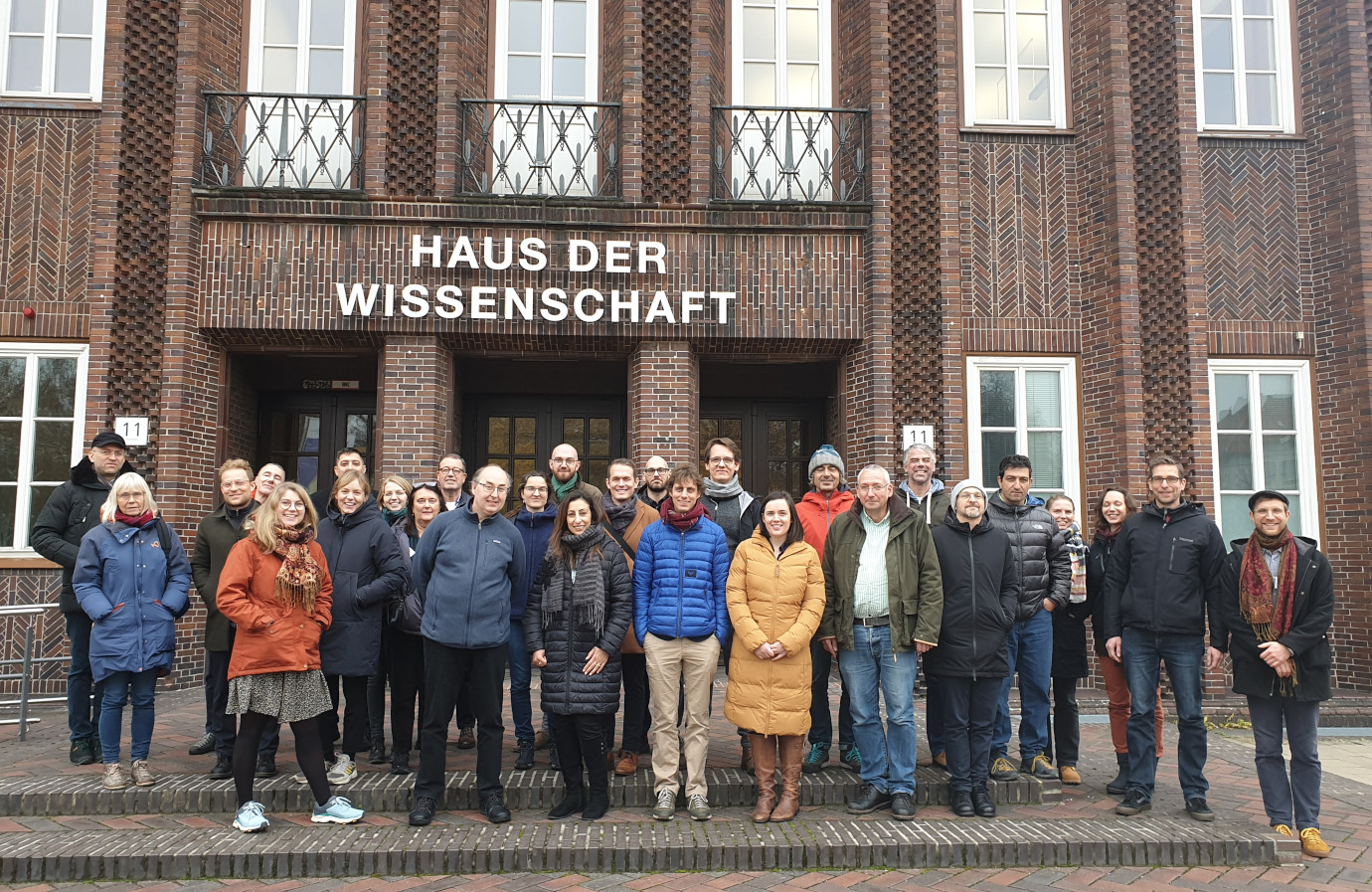New Horizon Europe Project set to improve climate disaster risk management across multiple civil authorities and first responders in Europe
Contacts:
Project Co-ordinator: Max Steinhausen
Technische Universität Braunschweig
Project Communications Lead: Tracy Irvine
Oasis Hub Ltd
52°North’s Communications Lead: Ann Hitchcock
What: DIRECTED Project Launch
Where: Braunschweig, Germany
When: 29th & 30th November, 2022
Summary points:
- €5.2 Million Horizon Europe Project (DIRECTED) aims to improve the interoperability of multiple European climate risk assessment and planning tools and bring them together in a manageable system (a data fabric) that enables better disaster risk assessment and management by European disaster protection authorities and first responders
- Using ‘Real World Labs’ to critically analyse and improve current work-flows and governance linked to disaster risk management and disaster risk reduction
- Promoting a multi-risk perspective on climate change adaptation by considering the impacts of floods, droughts, heatwaves, forest fires and storms
Details:
A new €5.2 Million Horizon Europe Project, “Disaster Resilience for Extreme Climate Events providing Interoperable Data, Models, Communication and Governance (DIRECTED) Project” was launched on the 29th & 30th November in Braunschweig, Germany. It is set to revolutionize the governance and management of climate disasters across multiple civil society and emergency agencies. Physical, social and data scientists are coming together from across Europe with local authorities and first responders to design a new integrated system (a data fabric) that will bring together multiple climate risk assessment tools, disaster warning systems and disaster communication and organization into one manageable system for use by on-the-ground disaster managers.
Four regional and municipal clusters from the Capital Region of Denmark, the Danube Region, Emilia Romagna Region, Italy and the Rhine-Erft District, Germany are coming together with academic researchers and specialist SME’s from the Technical University of Braunschweig (TUB), ETH Zurich, Danish Technical University (DTU), Potsdam Institute for Climate Impact Research (PIK), German Research Centre for GeoScience (GFZ), University College Cork (UCC), Institute for Advanced Sustainability Studies (IASS), International Institute for Applied Systems Analysis (IIASA), Stockholm Environment Institute, Oxford (SEI), 52°North Spatial Information Research, GECOSistema, Genillard & Co and Oasis Hub to participate in ‘Real World Labs’ analysing on-the-ground practices, governance and systems of multiple disaster practitioners involved in climate change adaptation and disaster management.
The collaboration is a rare opportunity to share disaster risk management practices and problems to enable more efficiencies across disaster protection networks to improve information flow and ability to respond to extreme climate events by providing tailored information to the many agencies involved in large scale disasters and disaster planning. As well as designing the data fabric, the group will look at how to make multiple climate disaster assessment & planning tools ‘interoperable’ with each other, thus further enabling their functionality to enhance climate disaster risk assessment and on the ground planning for prevention, preparedness, response and recovery.
In addition, social scientists will be drawing out how multiple agencies involved in preparing for any major climate emergency can better improve their joint working and understand the disaster authorities and first responders needs for relevant data to manage complex climate disaster risk assessment and resilience planning. The project team will also look at how work silos and communication bottlenecks at the many different levels of administration can be overcome to facilitate cooperation for more efficient disaster management in the future.
Max Steinhausen, Project Coordinator, from TUB, the DIRECTED Project states ‘we envisage the impacts that we will have building and combining information on climate extremes and adaptation to climate change will ultimately greatly reduce the damages and losses that face the European community now and in the future.’
52°North leads the development of the architecture design, the implementation and evaluation of the platform throughout the project. We also participate in defining interoperability standards for data and models in disaster risk frameworks. This constitutes an essential step towards establishing common risk management tools that combine different services, data and models in an harmonized way.
About this Project:

This project is an Innovation Action under the Civil Security for Society, Disaster-Resilient Societies Programme of Horizon Europe funded by the European Union. Project details and a full list of participant organizations can be found on the link: https://cordis.europa.eu/project/id/101073978 . Associate partners SEI Oxford and Oasis Hub are funded by Innovate UK and ETH Zurich is funded by The State Secretariat for Education, Research and Innovation (SERI), Switzerland
